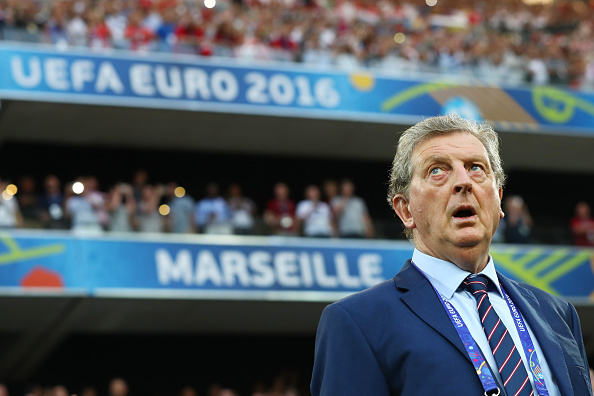De Boer: the first of many to be bucked off the Premier League’s managerial circus.
Did he deserve to go? Probably not. But there did seem to be a certain inevitability that followed this brief saga. A former Allardyce and Tony Pulis team, in the hands of a fancy Dutch manager who wants his players to kick the ball on the ground? It was fanciful to think Palace wouldn’t struggle.
Revolutionary changes in style have an unerring tendency to capitulate – instead, changes have to be built over time.
Look at Swansea under current Celtic manager, Brendan Rodgers, for instance. Rodgers had his Swansea team playing high possession, high percentage, anti-long-ball football. After Rodgers, Danish legend Laudrup came in. Interestingly, Michael Laudrup cut out the, for example, three 10-yard passes to move the ball up the pitch, instead preferring one thirty-yard pass.
And so the changes began. Manager after manager, tweaking and tinkering, until finally, Brendan Rodgers’ former team have played the 5th most long balls in the Premier League and face a relegation battle every season.
Indeed, even the swashbuckling Liverpool side of 2013-14 faced their own problems in changes to style. Rodgers – hello again – struggled to implement his change in style on a Liverpool team who were increasingly reliant on long-balls into space. With his team finishing 7th that season, there were clear signs of a struggle. And then Suarez happened.
But the problems with de Boer were not as clear-cut as a team’s struggle to adapt to a new style. You only have to look at the BBC’s explanation as to why he lost his job, citing “De Boer’s apparent diversion from a number of agreements reached when he signed, such as the team’s formation.”
And de Boer? Well, he wasn’t happy with Palace chairman Steve Parish’s interference in first team matters. Clearly a match made in heaven.
Palace now employ ex-England manager, Roy Hodgson. A man who is, apparently, much more of a pragmatist than the recently departed de Boer.

The problem for Palace is that Roy really doesn’t seem to be any better.
Some clubs sacrifice style for substance. Pulis, Allardyce and Benitez – to an extent – are such managers. The sort that won’t go gung-ho for an away win, that will park a bank of six and a bank of four in order to snatch an away point. Sure, they like to play open and expansive football, but only when the result is safe.
Hodgson, however, seems to be an example of a manger with neither style, nor substance.
With a win ratio of just 36% from the teams coming from the top European leagues, Hodgson seems an unambitious appointment, to say the least.
The consensus around football was that de Boer was a risk. After an excellent time as Ajax manager, he lasted just 85 days as the Inter manager. Coming to revolutionise a Palace-side, who were very much set-up for a certain style of play, was always going to be a difficult task.
Hodgson, meanwhile, is a manager who flourishes in mediocrity. His relative successes with the likes of Fulham and West Brom is put into a staunch reality that he underachieved remarkably with Liverpool, and that’s without addressing the England debacle.
Palace looked to take a step forward, to push themselves out of the classification as a ‘mid-table’ team. But they panicked. Employing a manager who has yet to win a single trophy in his 40-plus year career shows that their ambition lacked the fervour that Parish would’ve had us believe.
Their results were definitely poor. Undeniably poor. But after committing to a new, expansive and exciting style of play, Palace panicked. Whilst the likes of Jenas may still be convinced that Hodgson falls under the remit of a “top European manager” (yes, really), his results belie this assertion.
After a brave and admirable step, it now seems that Palace accepted their place in football.
